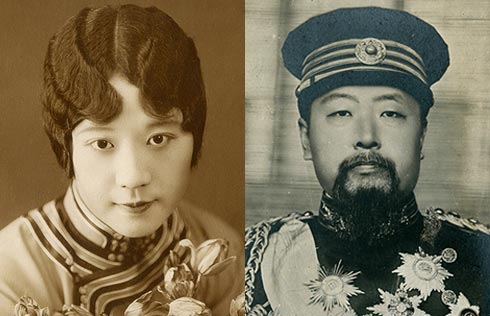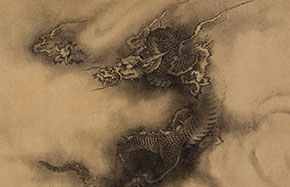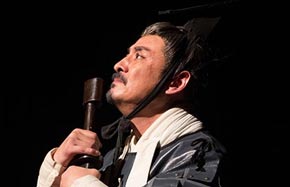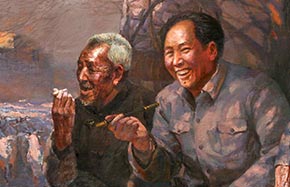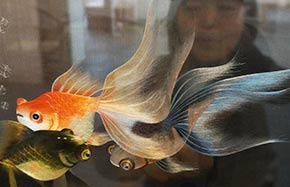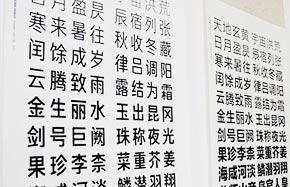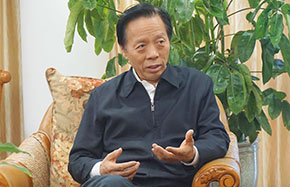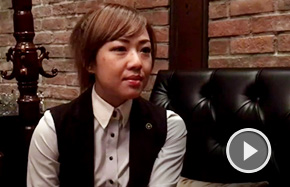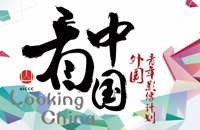Classical painting sells for $49 million
 |
|
Part of Six Dragons, a painting that once belonged to Emperor Qianlong. provided to China Daily |
A 13th-century classical Chinese scroll painting fetched $49 million from an anonymous bidder at a New York auction on Wednesday.
The ink brush painting titled Six Dragons once belonged to Emperor Qianlong of the Qing Dynasty (1644-1911). It was transported to Japan in the early 20th century and then became part of the collection of the Osaka-based Fujita Museum.
The museum auctioned off 31 Chinese works of art in its collection, including the painting, at Christie's in New York. The sale raised funds for a refurbishment project at the museum.
Six Dragons was produced by Song Dynasty (960-1279) official painter Chen Rong, who achieved excellence in painting dragons. However, he is little known today because he was only briefly mentioned in historical documents.
In his vivid Six Dragons, Chen created fierce dragons that move freely through waves and mist.
Ji Tao, an art market observer in Beijing, said Chen preferred to paint after he got slightly drunk. "He splashed extensive ink to portray seas, clouds and strange rocks by which he highlighted the strong motion and volume of dragons, and therefore he conveyed a mystical feeling."
Chen's dragon paintings also reveal his political views and ambition, Ji said.
Twenty-two paintings signed by Chen Rong are found in museums and private collections worldwide, and 11 of them are in the United States and Japan, according to Zhu Wanzhang, a researcher at the National Museum of China.
Beijing's Palace Museum houses two of Chen's calligraphy pieces.
The painting is cataloged in Shiqu Baoji, a prominent inventory of top-notch Chinese paintings and calligraphic works in the imperial Qing collection. It was among a large number of Chinese works of art that were sold by aristocrats following the collapse of the Qing Dynasty.
The sale of works from the Fujita collection included five other classical paintings cataloged in Shiqu Baoji, dating to the Tang (618-907), Song and Yuan (1271-1368) dynasties, which witnessed the glory of Chinese art.
Also auctioned were four 3,000-year-old Chinese bronze pieces. A wine vessel excavated in Anyang, Henan province, brought in the most, selling for $37.2 million.
The auction's sales totaled $260 million and attracted bidders from around the world. The sale drew several prominent collectors of Chinese art, including British dealer Giuseppe Eskenazi; Robert Chang from Hong Kong; Robert Tsao, a Taiwan-born entrepreneur; and Wang Wei, who co-founded Shanghai's Long Museum with billionaire husband Liu Yiqian.
Rebecca Wei, president of Christie's Asia, said many bidders came from the Chinese mainland, Hong Kong and Taiwan, and new buyers, mostly entrepreneurs, were active in bidding because they knew it was a rare opportunity to acquire such works.






